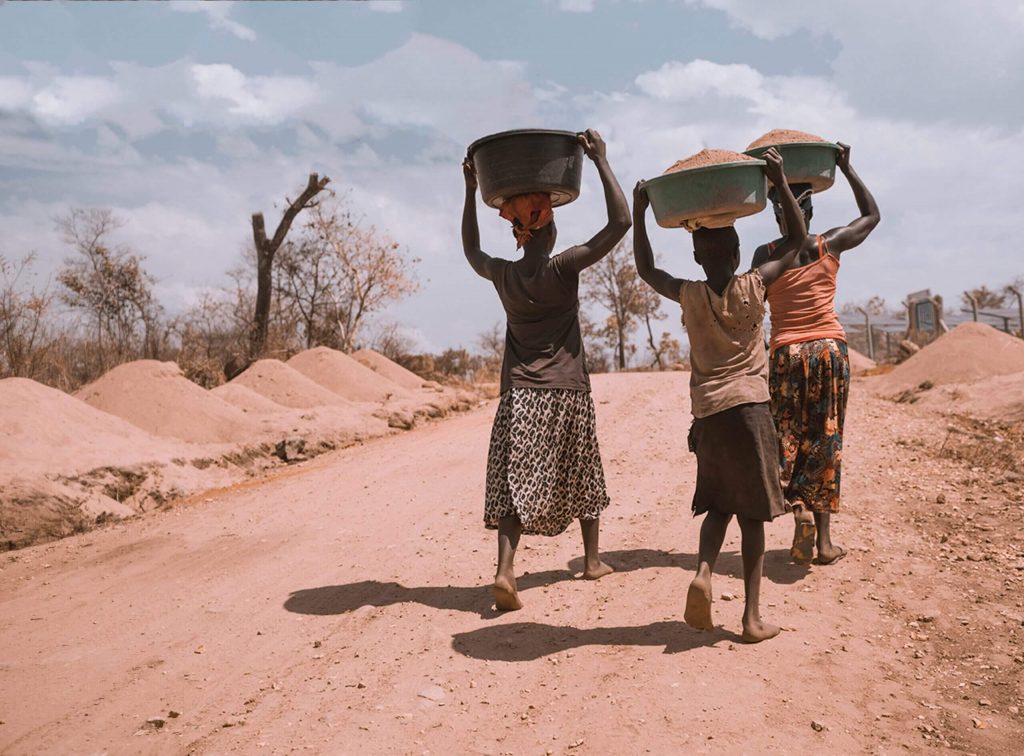Africa is a continent known for its rich natural resources, diverse ecosystems, and vibrant cultures. However, it also faces numerous environmental challenges that threaten its sustainable development. From deforestation and desertification to pollution and climate change, these challenges require immediate attention and innovative solutions.
Deforestation and Desertification
One of the most pressing environmental challenges in Africa is deforestation. The continent’s forests are being cleared at an alarming rate to make way for agriculture, logging, and urban expansion. This loss of forest cover not only contributes to climate change but also leads to the destruction of habitats and loss of biodiversity.
Desertification is another major concern, particularly in the arid and semi-arid regions of Africa. Drought, overgrazing, and unsustainable agricultural practices contribute to the degradation of land, making it less fertile and more susceptible to desertification. This poses a significant threat to food security and the livelihoods of millions of people.
Pollution and Waste Management
Rapid urbanization and industrialization in Africa have resulted in increased pollution levels. Air pollution from industrial emissions and vehicle exhaust, as well as water pollution from inadequate waste management systems, pose serious health risks to both humans and wildlife.
Improper waste management is a significant concern in many African cities. Limited infrastructure and resources for waste collection and disposal lead to the accumulation of waste in open spaces, rivers, and oceans. This not only pollutes the environment but also contributes to the spread of diseases.
Climate Change
Africa is highly vulnerable to the impacts of climate change, despite contributing minimally to global greenhouse gas emissions. Rising temperatures, changing rainfall patterns, and increased frequency of extreme weather events such as droughts and floods pose significant challenges for agriculture, water resources, and human settlements.
Adaptation and mitigation strategies are crucial for African countries to build resilience and reduce their carbon footprint. This includes promoting renewable energy sources, implementing sustainable agricultural practices, and investing in climate-smart infrastructure.
Strategies for a Sustainable Future
To address these environmental challenges and ensure a sustainable future for Africa, a multi-faceted approach is required. Here are some strategies that can be implemented:
1. Conservation and Reforestation:
Efforts should be made to conserve existing forests and promote reforestation initiatives. This can be achieved through the establishment of protected areas, community-based forest management, and agroforestry practices.
2. Sustainable Agriculture:
Promoting sustainable agricultural practices such as agroecology, organic farming, and precision farming can help reduce the pressure on land and water resources. Training farmers in climate-resilient techniques and providing access to improved seeds and farming technologies is essential.
3. Renewable Energy:
Investing in renewable energy sources such as solar, wind, and hydroelectric power can help reduce dependence on fossil fuels and mitigate climate change. Governments and international organizations should provide incentives and support for the investment of clean energy technologies.
4. Waste Management:
Improving waste management systems through the establishment of recycling facilities, waste-to-energy plants, and awareness campaigns can help reduce pollution and promote a circular economy.
>5. Education and Awareness:
Creating awareness about environmental issues and the importance of sustainable practices is crucial. Education programs, public campaigns, and community engagement initiatives can help change behaviors and promote sustainable lifestyles.
6. International Cooperation:
Addressing environmental challenges in Africa requires international cooperation and support. Developed countries, international organizations, and non-governmental organizations should provide financial assistance, technology transfer, and capacity building to African countries.
By implementing these strategies and working together, Africa can overcome its environmental challenges and pave the way for a sustainable future. It is essential to prioritize the protection of natural resources, promote sustainable development, and ensure the well-being of both present and future generations.

